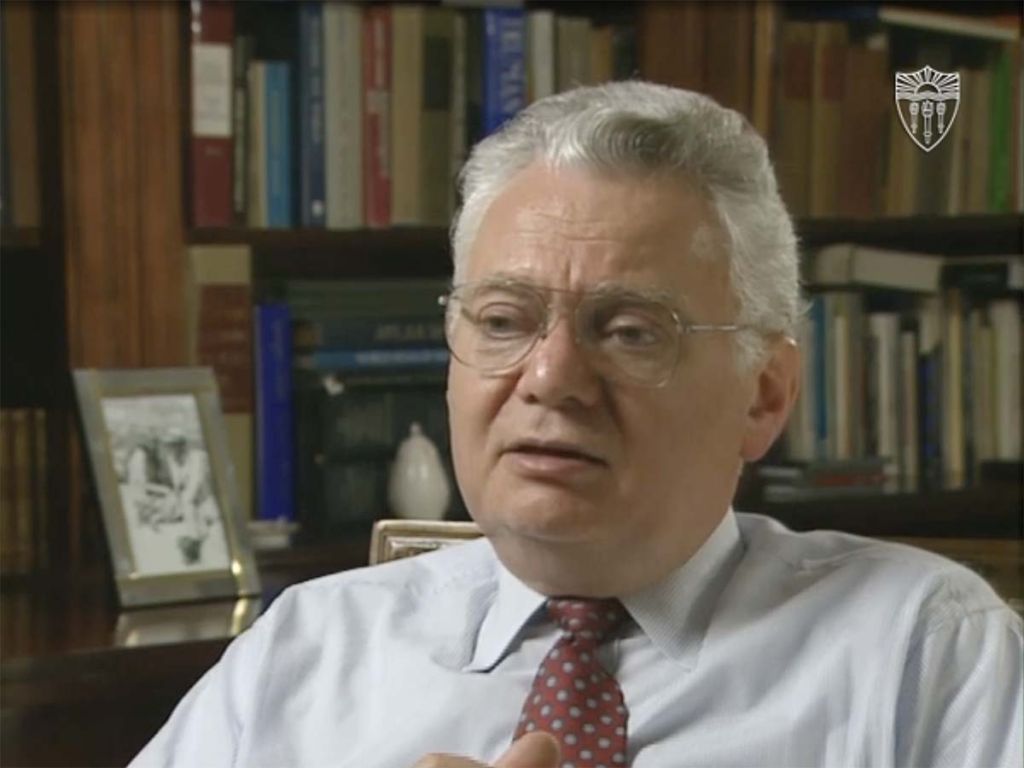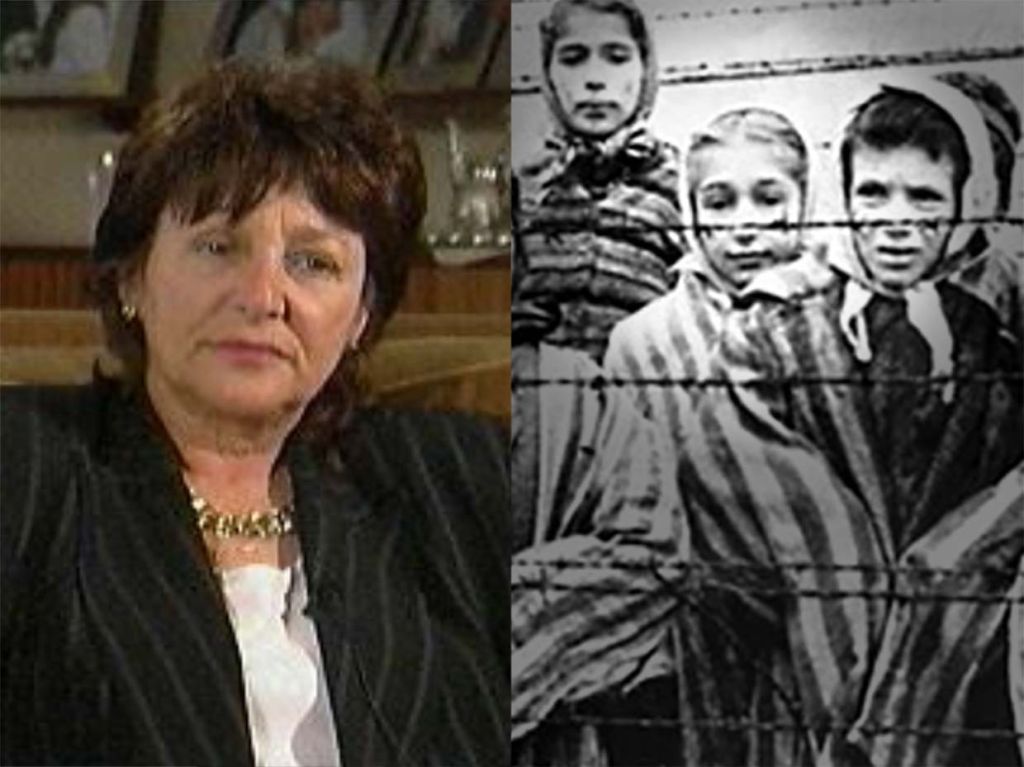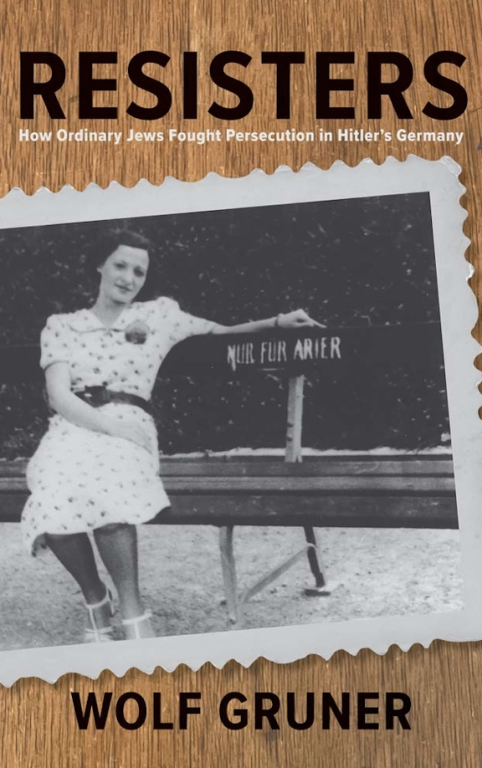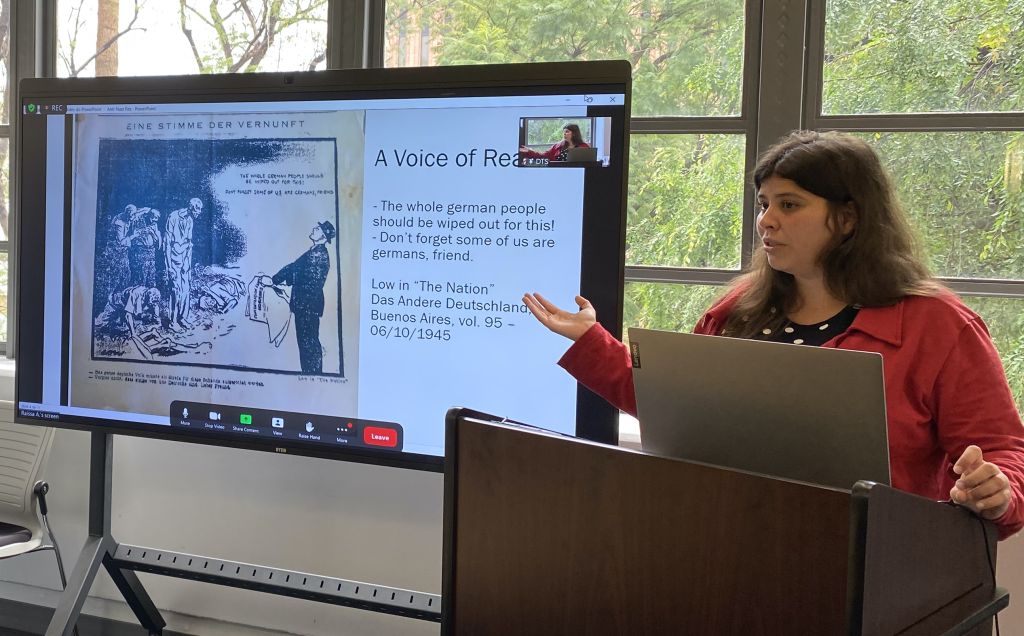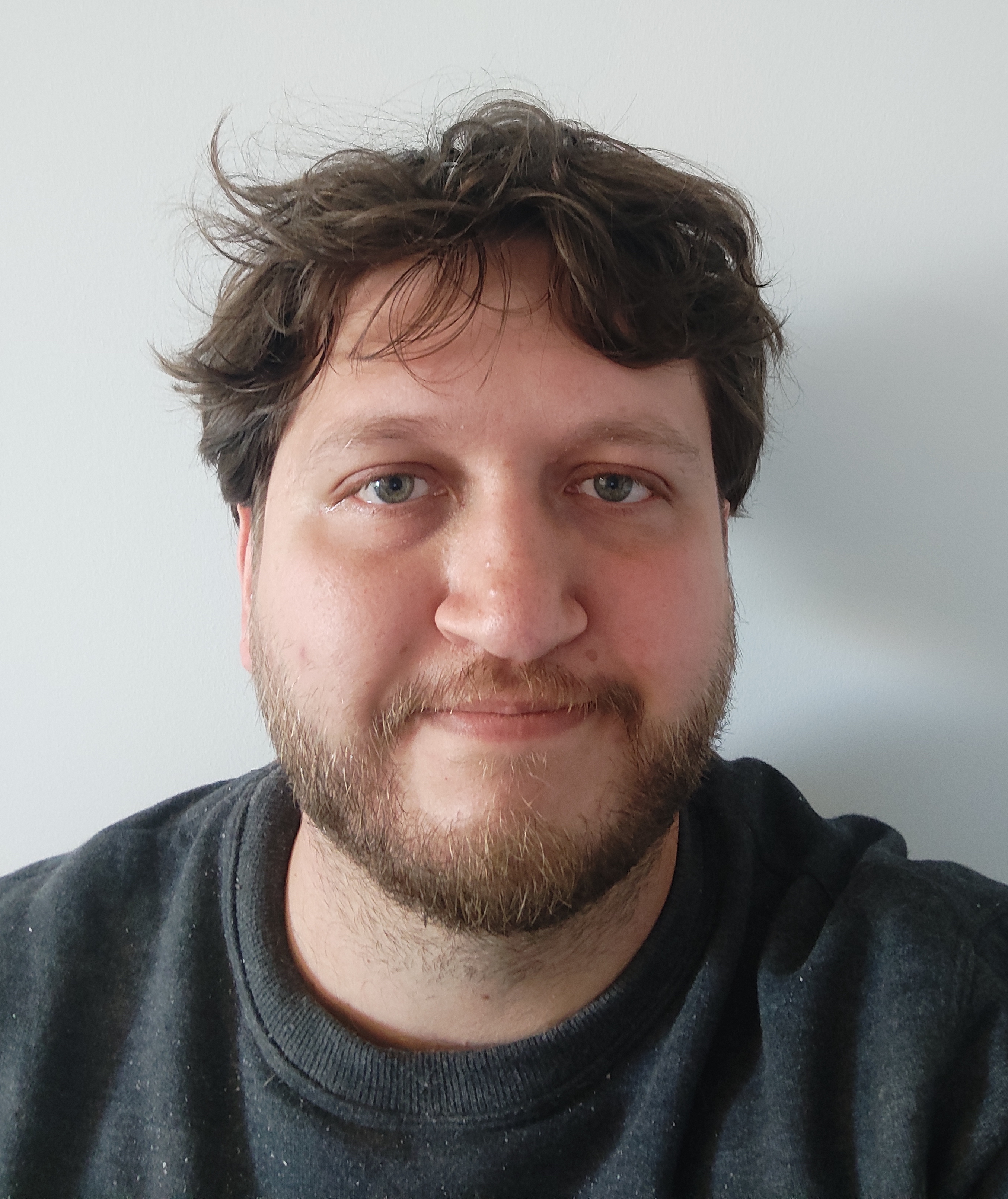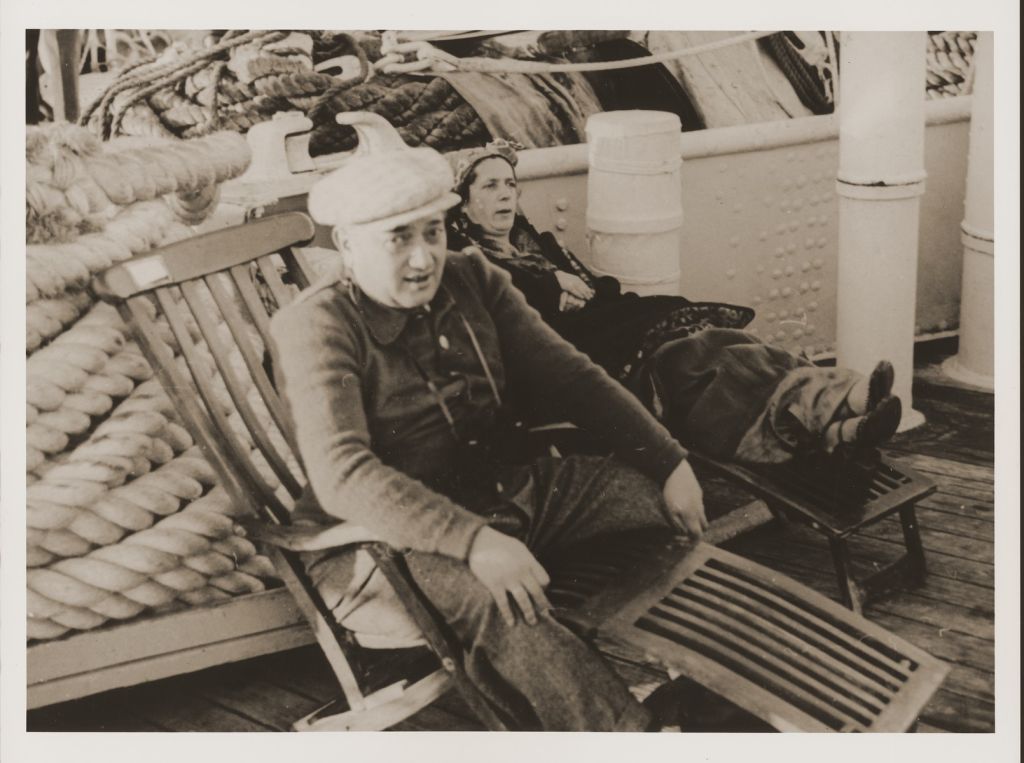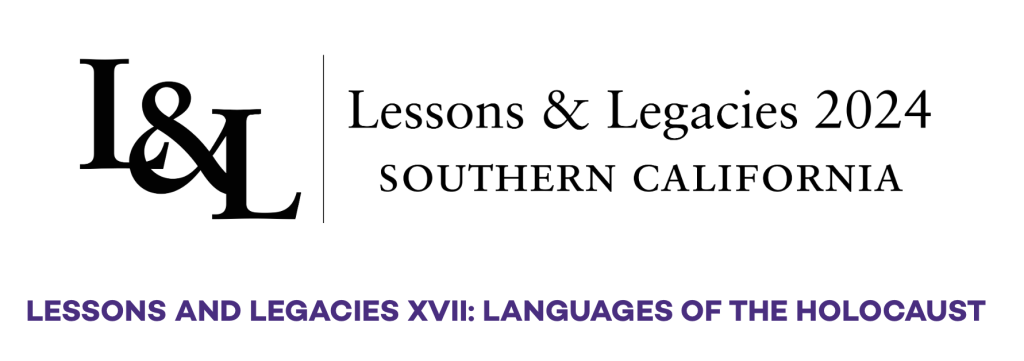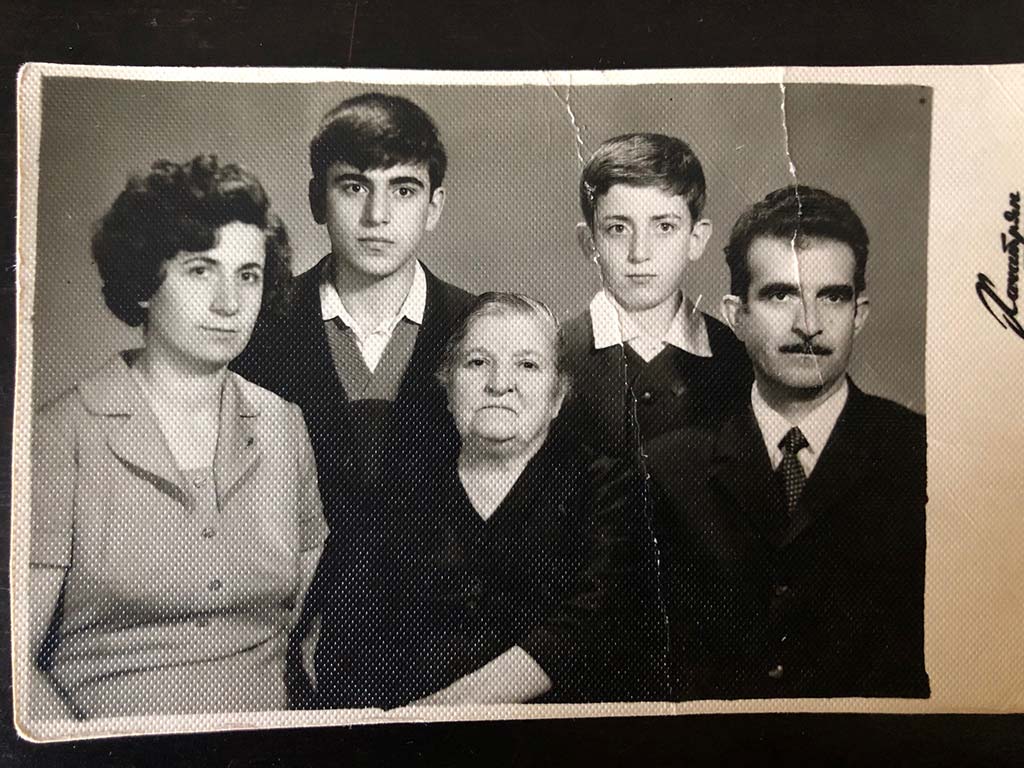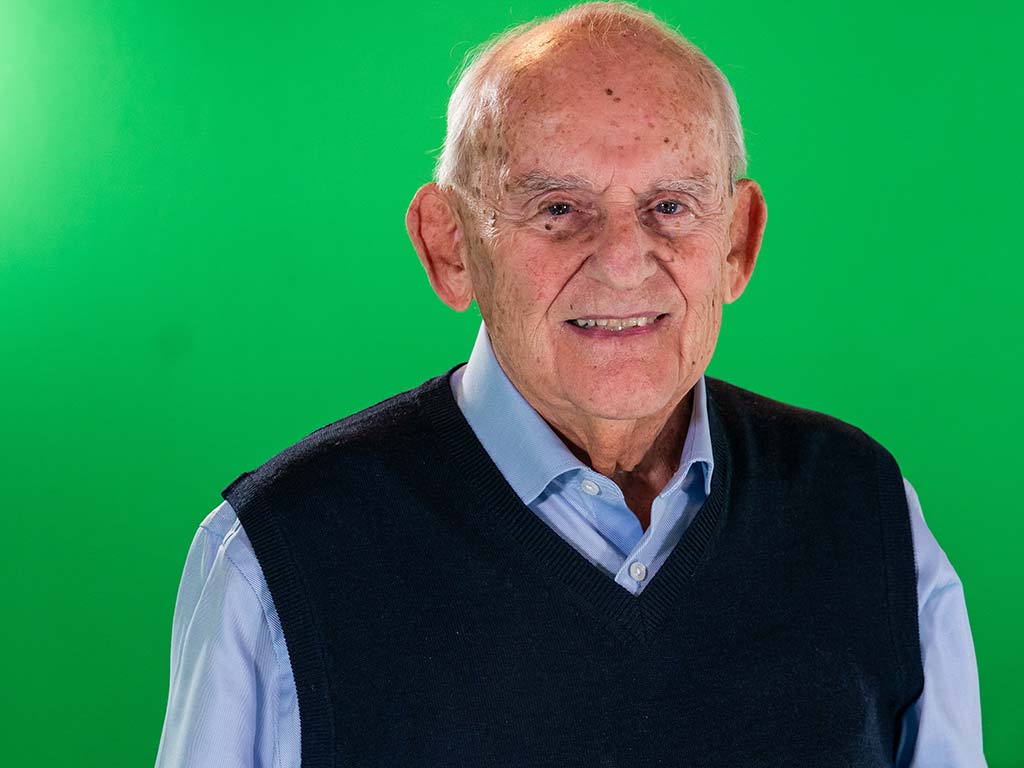The USC Dornsife Center for Advanced Genocide Research is delighted to announce the upcoming publication of the book Resisters: How Ordinary Jews Fought Persecution in Hitler's Germany. Authored by Center Founding Director Wolf Gruner, the book will be published by Yale University Press on August 29, 2023.
USC Shoah Foundation this fall launches a new Antisemitism Lecture Series to showcase to wider audiences the latest scholarly research on the topic and convene some of the leading scholars in the field.
In this blog, the Center's 2022-2023 Greenberg Research Fellow Raíssa Alonso reflects on resistance and the roots of her research.
In this blog, Center visiting scholar Robson Bello discusses his focus on play during his month of research.
Between 1938 and 1940 an estimated 17,000 mostly Austrian and German Jews traveled from Europe to Shanghai, many on luxury liners. They were escaping the upsurge of violent antisemitism in Europe and headed primarily to Shanghai, at the time one of the few places in the world without any immigration barriers.
The USC Dornsife Center for Advanced Genocide Research will cohost the 17th biennial Lessons & Legacies conference, which will take place at Claremont McKenna College and the University of Southern California from November 14 to November 17, 2024.
Organized and sponsored by the Holocaust Educational Foundation of Northwestern University (HEFNU) in partnership with host universities, the biennial Lessons & Legacies of the Holocaust Conference (popularly known as Lessons & Legacies) is the premier international scholarly gathering in Holocaust Studies.
USC Shoah Foundation is saddened by the passing of Alan Moskin, a Jewish veteran of the U.S. Armed Forces who, at the age of 18, helped liberate Gunskirchern, a subcamp of Mauthausen Concentration Camp, in May 1945. Later in life, Alan became a tireless advocate for Holocaust education and remembrance at schools, veterans’ groups, and in the media, speaking with candor about the horror he witnessed at the camp, the brutality of combat, and the bigotry he encountered in the U.S. Army.
